Vuitadmin
-
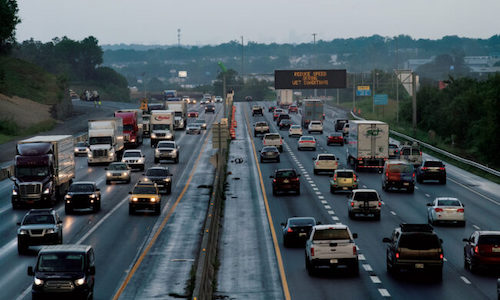
$14 million to steer I-24 corridor traffic, decrease trips to and from campus and improve air quality
ENERGY AND NATURAL RESOURCES A morning commute slow down occurs on I-24 between Murfreesboro and Nashville. U.S. and Tennessee transportation agencies want to make examples of Nashville, Murfreesboro and Vanderbilt—but not in a bad way. Grants totaling $14 million will support development of wide-ranging initiatives, from an AI system to… Read MoreOct. 1, 2020
-

Minimizing risks in wind and solar power forecasts
One of the control rooms at MISO Energy. Photo courtesy of MISO. RISK, RELIABILITY AND RESILIANCE Team will model time horizons from 15 minutes to 24 hours The price for electricity on the wholesale market fluctuates every five minutes based on demand. Adding renewable energy to the mix… Read MoreOct. 1, 2020
-
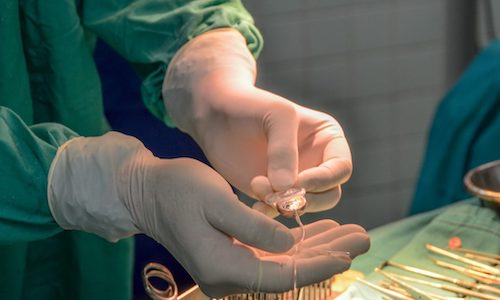
Customized CI programming targets improved auditory nerve stimulation
Cochlear implants can help someone with serious hearing loss better understand human speech, converse on the phone, enjoy music and watch television. When successful, the device allows a user to perceive different types of sounds, such as doors slamming and dogs barking. In the United States, however, it is estimated… Read MoreOct. 1, 2020
-

Electronics institute advances employer partnerships and undergraduate training
The Institute for Space and Defense Electronics is answering a market need for highly specialized knowledge at two distinct but vital points—training for radiation effects engineers and internships for undergraduates in a subject usually reserved for graduate students. As the largest academic program of its kind in the U.S., ISDE is… Read MoreOct. 1, 2020
-

Evaluating maritime transportation amid climate uncertainty
As the Arctic ocean responds to a warming climate it becomes a less icy, more viable and eventually more convenient shipping route. Maybe. Vanderbilt researchers are analyzing whether the Northern Sea Route that runs along the border of northern Russia is quicker and less costly to shippers, and weighing environmental… Read MoreOct. 1, 2020
-

Run 50% faster—with a spring in your step
Running feet take turns hovering in the air for the briefest of moments. During that time, the airborne foot does nothing to advance the cause of running. But what if it could? A pair of Vanderbilt engineers has proposed a pogo stick-like device that takes advantage of the airtime, allowing… Read MoreOct. 1, 2020
-
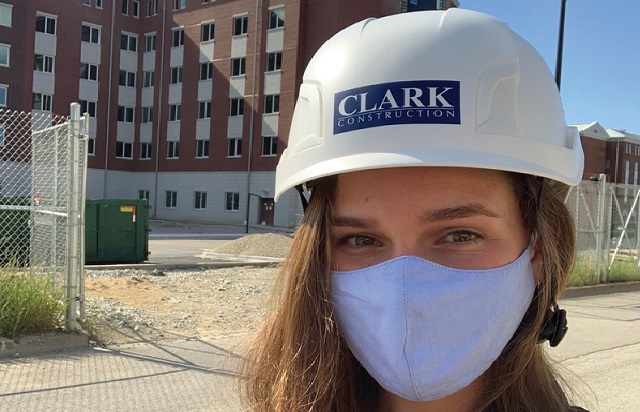
Closing out Navy project shows the many moving parts
For her summer internship, a civil engineering major helped close out a huge construction project for the U.S. Navy. Read MoreOct. 1, 2020
-
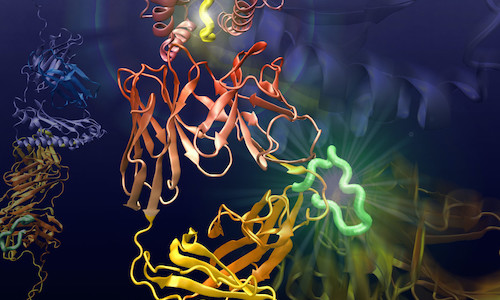
NIH backs team’s sustained work in T-cell immune response with $11 million P01 grant
REGENERATIVE MEDICINE Parsing T-cell activation is precursor to manipulating immune response to better fight diseases For more than a decade Matt Lang and collaborators across the U.S. have worked to recreate key components of T-cells and how they know when to start fighting disease. Conventional wisdom suggested that T-cells… Read MoreOct. 1, 2020
-

Automating CPS Engineering with AI co-designers
Future cyber-physical systems will rely less on human control and more machine learning algorithms and artificial intelligence processors. Smart grid, driver-assist and autonomous automobile systems, health and biomedical monitoring, smart cities, robotics systems, and new agricultural technologies are just a few CPS that interact with users in a lot… Read MoreOct. 1, 2020
-
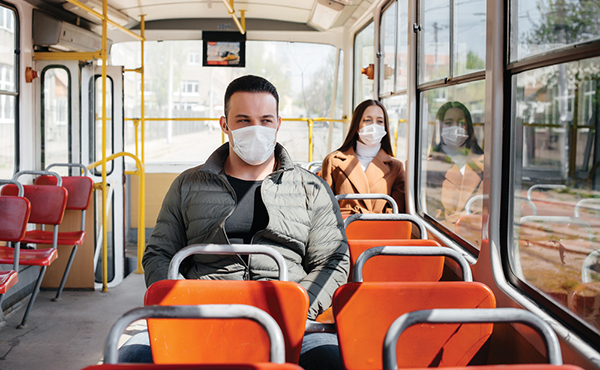
Adjusting bus capacity for COVID-19 protocols
COVID-19 concerns pose distinct challenges for public transit providers. In an NSF-funded project, Vanderbilt engineers are applying artificial intelligence to analyze Nashville and Chattanooga bus occupancy as well as changes in overall demand for public transit. The goal is a real-time map of available seats within physical distancing protocols available… Read MoreOct. 1, 2020